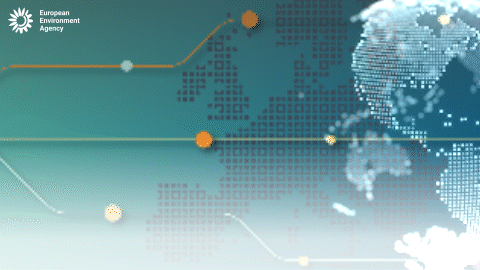All official European Union website addresses are in the europa.eu domain.
See all EU institutions and bodiesThe EEA is an agency of the European Union. Together with our Eionet network, we provide the knowledge and the data needed to achieve sustainability in Europe.
Shortcuts
Who we are
Our role, how we work, our governance structure

Key partners
Our partners and stakeholders across Europe and beyond
Procurement and grants
How to engage with the EEA through public procurement procedures
Careers
Check out our job openings and how to apply

Working practices
Browse our register of documents and learn more about our procedures and policies
Contact us
Our FAQs and contact information

The EEA in brief
"The European Environment Agency in brief" presents our role as an agency that supports European environmental policy.
Find out more about what we work on, our strategic priorities, our key outputs, our key services and publications, and what it’s like to work at the EEA.
In focus



